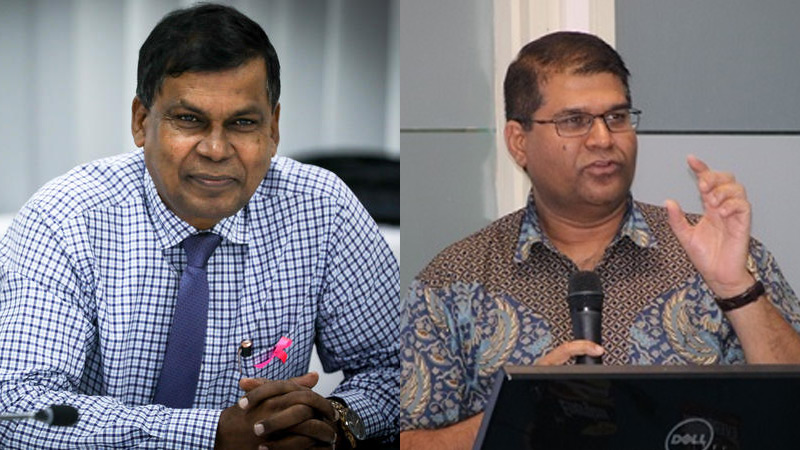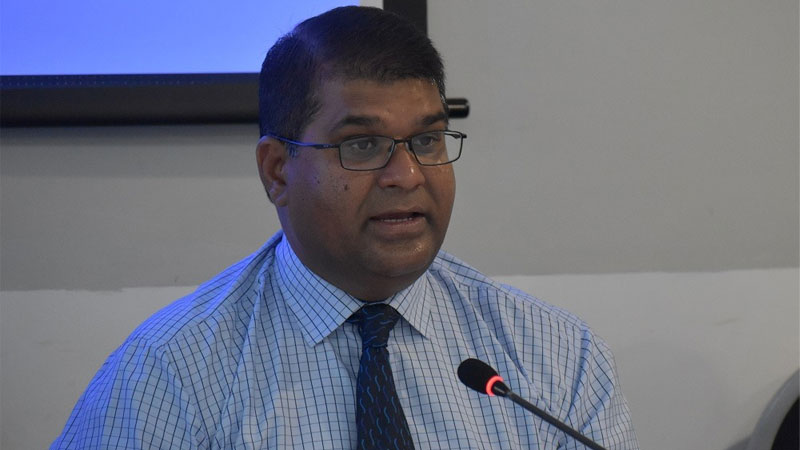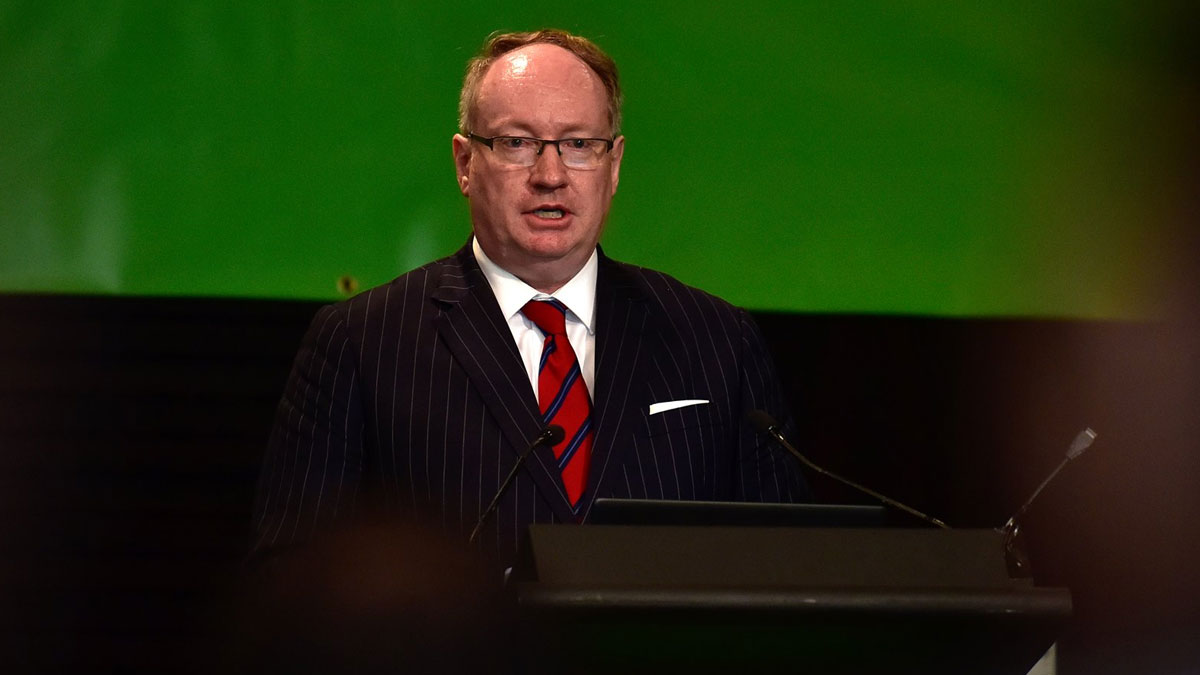
The National Federation Party Leader, Professor Biman Prasad says the economy contracted in 2019 and COVID-19 is not an excuse while the Reserve Bank of Fiji Governor, Ariff Ali says they have not blamed the 2019 contraction on COVID-19.
Professor Prasad has questioned as to how the RBF got Fiji’s economic growth rate for 2019 wrong and why has it taken until July this year for the RBF to admit that in 2019 the economy went down and not up.
He says the RBF released a statement on the 2nd of this month saying the provisional growth estimate for 2019 has been revised from a marginal 0.5% to a 1.3% contraction, in line with the synchronised global slowdown and weakness in domestic demand from the second half of last year.
Professor Prasad says the RBF has now finally bowed to reality over politics and revised Fiji’s economic growth rate for 2019 to -1.3%. He says this was all before anybody even had heard the word “coronavirus” and COVID-19 is not an excuse.

He adds that everybody knew the economy was down last year and the government knew it because its revenue collections were one-quarter off the National Budget.
The NFP Leader says the Chairman of the Macroeconomic Committee and Governor of the RBF, Ariff Ali in a statement released on 7th November last year had stated that the Fijian economy is anticipated to grow in 2019 by 1.0% following a 3.5% expansion in 2018.
In his statement, Professor Biman Prasad is questioning whether the RBF was under pressure from the government to continue to pretend that there was a “Bainimarama Boom” – when everybody knew differently.
RBF Governor, Ariff Ali says he does not understand why Prasad is misleading the public as nowhere in the RBF statement it is claimed that the contraction in the economy in 2019 has been blamed on COVID-19.
Ali says the press release issued on 2nd July regarding the 2019 growth rate says that the provisional GDP growth estimate for 2019 has been revised from a marginal 0.5% growth to a 1.3%t contraction, in line with the synchronised global slowdown and weakness in domestic demand from the second half of last year.
He says the 2019 growth rate was revised downwards due to availability of actual data and information for the year that was collated and analysed by the Macroeconomic Committee in March and April of this year.
Ali says because the National Budget for fiscal year 2020-2021 was delayed to July, the Macroeconomic Committee met in early July instead of the usual May or early June.
The RBF Governor says the effects of COVID-19 is reflected only in the 2020 economic contraction of 21.7%.
The Macroeconomic Committee is made up of Heads and senior representatives from the Ministry of Economy, Fiji Bureau of Statistics, Ministry of Commerce, Trade, Tourism and Transport, Office of the Prime Minister, Investment Fiji, Fiji Revenue and Customs Service and is chaired by the Governor of the RBF.
It is this Committee that confirms and releases the forecast and provisional GDP, exports, imports and balance of payments estimates for Fiji.
Governor Ali says the Macroeconomic Committee has been consistently downgrading the 2019 growth forecast since early last year.

He says in 2018, growth for 2019 was projected at 3.4%.
Ali says when the forecasts were reviewed in May 2019, the Macroeconomic Committee lowered the 2019 growth forecast to 2.7% and then downgraded further to 1.0% in November 2019.
He says these downgrades reflected new data being made available to the technical staff including production data from various sectors, revised forecast provided by stakeholders and RBF’s June 2019 Business Expectations and Retail Sales Surveys.
The Governor says in preparation for the COVID-19 Response Budget in February this year, the RBF’s estimate for 2019 growth was downgraded further to 0.5%.
He says later, when the Macroeconomic Technical Committee met in April and May in preparation for the 2020-21 National Budget, the estimate for 2019 was further downgraded to -1.3% as the Committee now had access to actual 2019 production data for most of the sectors including government accounts.
Ali says economic forecasts reflect the most available data and sentiments at the point in time and are then adjusted upwards or downwards as new data and information comes to hand.
The Governor says the Macroeconomic Committee conducts and reviews the forecast twice annually.
The first round of forecasting is undertaken just before the release of the National Budget around May or June and the second round is done around October.
Stay tuned for the latest news on our radio stations


